-
 bitcoin
bitcoin $87959.907984 USD
1.34% -
 ethereum
ethereum $2920.497338 USD
3.04% -
 tether
tether $0.999775 USD
0.00% -
 xrp
xrp $2.237324 USD
8.12% -
 bnb
bnb $860.243768 USD
0.90% -
 solana
solana $138.089498 USD
5.43% -
 usd-coin
usd-coin $0.999807 USD
0.01% -
 tron
tron $0.272801 USD
-1.53% -
 dogecoin
dogecoin $0.150904 USD
2.96% -
 cardano
cardano $0.421635 USD
1.97% -
 hyperliquid
hyperliquid $32.152445 USD
2.23% -
 bitcoin-cash
bitcoin-cash $533.301069 USD
-1.94% -
 chainlink
chainlink $12.953417 USD
2.68% -
 unus-sed-leo
unus-sed-leo $9.535951 USD
0.73% -
 zcash
zcash $521.483386 USD
-2.87%
can tron be mined
Unlike proof-of-work cryptocurrencies like Bitcoin, Tron (TRX) is not mineable due to its delegated proof-of-stake consensus mechanism, which relies on elected Super Representatives for transaction validation and block production.
Nov 10, 2024 at 04:23 pm
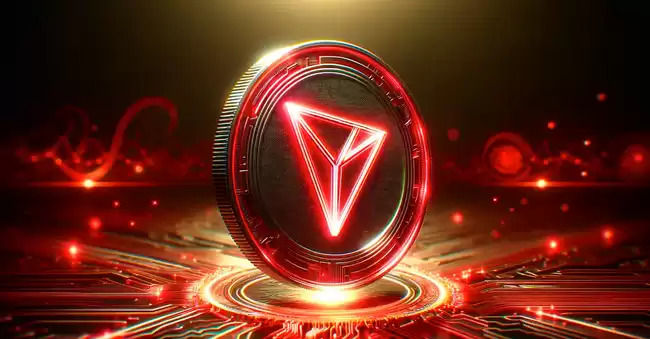
Can Tron (TRX) Be Mined?
Introduction:Tron (TRX) is a decentralized blockchain platform designed to host and deploy distributed applications (dApps). Unlike Bitcoin and other proof-of-work (PoW) cryptocurrencies, TRX is not minable. Instead, it utilizes a different consensus mechanism called delegated proof-of-stake (DPoS). Let's delve deeper into the reasons why TRX cannot be mined and explore the key aspects of DPoS.
Why TRX Cannot Be Mined:
The primary reason Tron (TRX) cannot be mined is due to its use of the delegated proof-of-stake (DPoS) consensus mechanism. Unlike PoW, where miners solve complex computational problems to validate transactions and secure the network, DPoS relies on a set of elected delegates known as Super Representatives (SRs).
- Delegated Proof-of-Stake (DPoS) Consensus Mechanism:
- In DPoS, token holders (TRX holders) vote to elect a fixed number of SRs who are responsible for validating transactions, producing blocks, and maintaining the blockchain.
- SRs are elected based on the amount of TRX they stake. The more TRX staked, the higher the chances of being elected as an SR.
- SRs are responsible for maintaining the integrity of the network and ensuring that transactions are processed securely and efficiently.
- No Block Rewards or Mining:
- Unlike PoW, DPoS does not involve block rewards or mining. SRs do not receive rewards for validating transactions or producing blocks.
- Instead, SRs receive rewards for being voted into the position and maintaining the network's stability.
- Reduced Energy Consumption:
- DPoS is considered more energy-efficient than PoW since it eliminates the need for extensive computational power and hardware to solve complex puzzles.
Key Aspects of DPoS in Tron (TRX):
1. Election of Super Representatives (SRs):- TRX holders can vote for their preferred SRs using their TRX holdings.
- The top 27 candidates with the highest votes become SRs.
- SRs are responsible for producing and validating blocks on the Tron blockchain.
- Blocks contain a set of transactions that have been approved by the SRs.
- The block production process rotates among the SRs, with each SR producing blocks for a specific period.
- SRs receive rewards for being voted into the position and for maintaining the network's stability.
- The rewards are distributed proportionally to the amount of TRX staked by each SR.
- SRs reach a consensus on the validity of transactions and blocks through a voting process.
- If a majority of SRs agree on the validity of a transaction or block, it is considered valid and added to the blockchain.
- To prevent malicious activities, SRs can be unvoted by TRX holders if they fail to fulfill their duties or engage in fraudulent behavior.
- This accountability mechanism ensures the integrity of the network and the reliability of the SRs.
Conclusion:
Tron (TRX) is not minable due to its utilization of the delegated proof-of-stake (DPoS) consensus mechanism. DPoS eliminates the need for mining by utilizing elected Super Representatives (SRs) who validate transactions and produce blocks. This approach reduces energy consumption, improves efficiency, and enhances security while ensuring the stability and integrity of the Tron network. DPoS has proven to be an effective consensus mechanism for Tron, enabling it to process a large number of transactions quickly and securely.
Disclaimer:info@kdj.com
The information provided is not trading advice. kdj.com does not assume any responsibility for any investments made based on the information provided in this article. Cryptocurrencies are highly volatile and it is highly recommended that you invest with caution after thorough research!
If you believe that the content used on this website infringes your copyright, please contact us immediately (info@kdj.com) and we will delete it promptly.
- Coinbase and Crypto ISAC Forge Alliance, Setting New Standards for Security Intelligence in the Digital Asset World
- 2026-01-31 04:35:01
- US Mint Honors Revolutionary War Hero Polly Cooper on 2026 Sacagawea Coin
- 2026-01-31 03:55:01
- Bitcoin Hits $83K Amidst Risk-Off Selling Frenzy, ETFs See Major Outflows
- 2026-01-31 04:35:01
- New 2026 Dollar Coin Shines a Light on Oneida Heroine Polly Cooper and America's First Allies
- 2026-01-31 04:15:01
- Polly Cooper, Oneida Woman, Honored on 2026 U.S. $1 Coin for Revolutionary War Heroism
- 2026-01-31 04:25:01
- Oneida Heroine Polly Cooper Immortalized on New $1 Coin: A Long-Overdue Tribute to Revolutionary Generosity
- 2026-01-31 04:25:01
Related knowledge
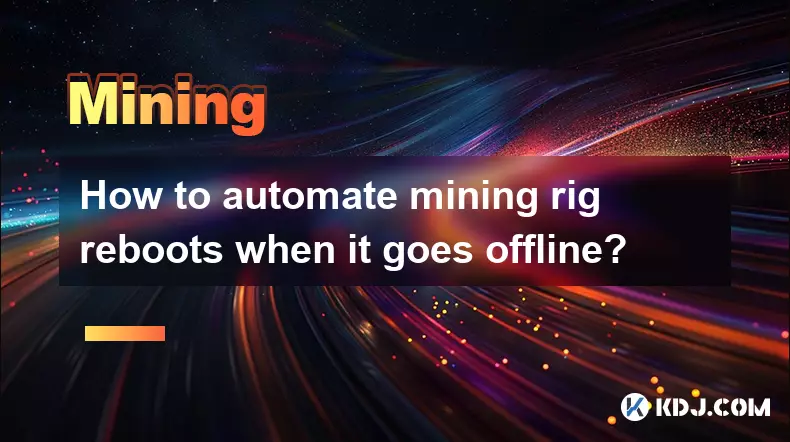
How to automate mining rig reboots when it goes offline?
Jan 23,2026 at 11:00pm
Monitoring System Integration1. Deploy a lightweight agent on the mining rig’s host OS that continuously reports hash rate, GPU temperature, and pool ...
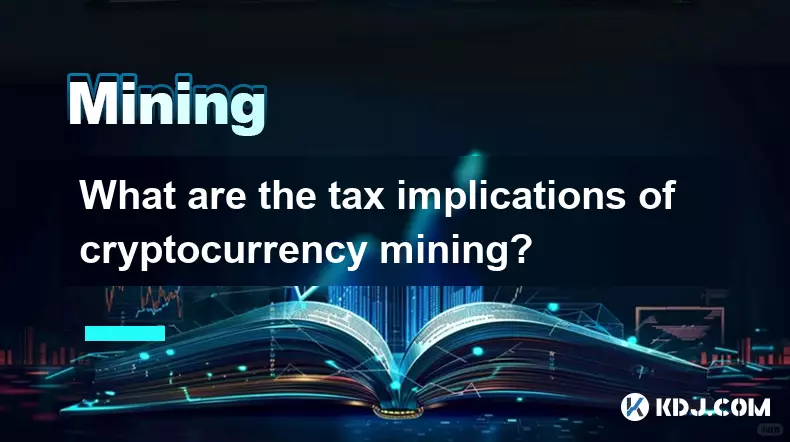
What are the tax implications of cryptocurrency mining?
Jan 23,2026 at 02:40am
Tax Treatment of Mining Rewards1. Cryptocurrency received as a reward for mining is treated as ordinary income by the IRS at the fair market value on ...
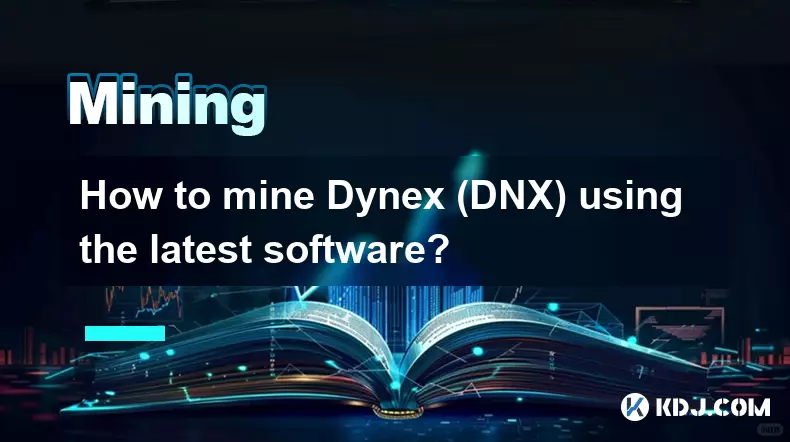
How to mine Dynex (DNX) using the latest software?
Jan 22,2026 at 10:00am
Understanding Dynex Mining Fundamentals1. Dynex (DNX) operates on a proof-of-work consensus mechanism optimized for neuromorphic computing workloads, ...
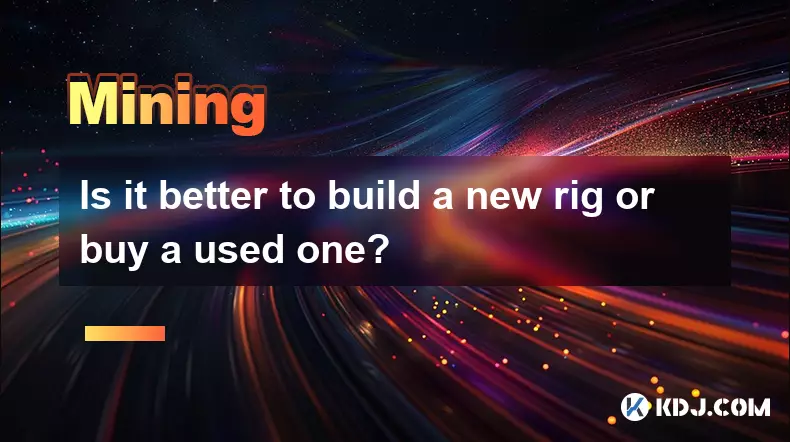
Is it better to build a new rig or buy a used one?
Jan 24,2026 at 10:20pm
Cost Efficiency Analysis1. New mining rigs come with manufacturer warranties, typically covering components for one to three years. This assurance red...
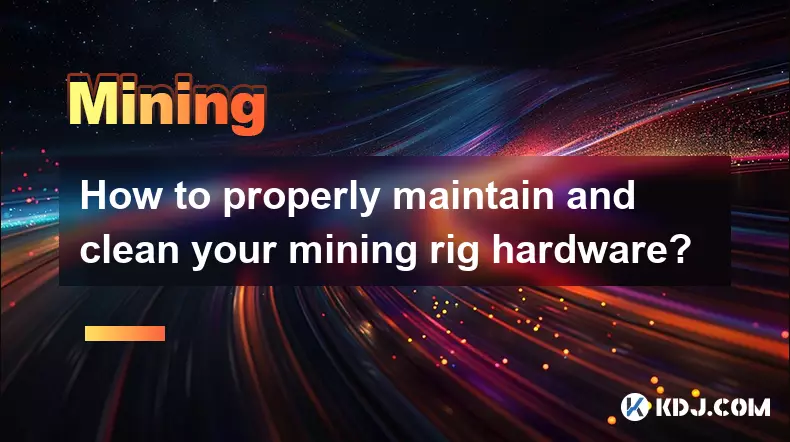
How to properly maintain and clean your mining rig hardware?
Jan 19,2026 at 11:00am
Cooling System Inspection and Optimization1. Dust accumulation inside fans and heatsinks directly reduces thermal dissipation efficiency, leading to h...
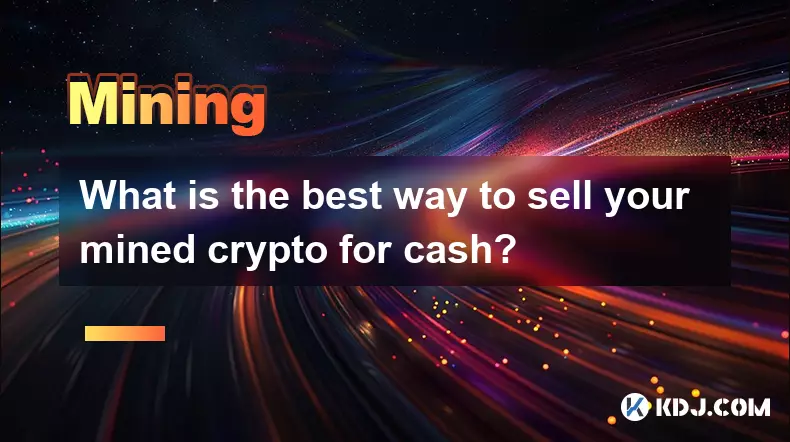
What is the best way to sell your mined crypto for cash?
Jan 20,2026 at 02:59am
Choosing the Right Exchange Platform1. Select an exchange with strong regulatory compliance and a proven track record of secure withdrawals. Platforms...

How to automate mining rig reboots when it goes offline?
Jan 23,2026 at 11:00pm
Monitoring System Integration1. Deploy a lightweight agent on the mining rig’s host OS that continuously reports hash rate, GPU temperature, and pool ...

What are the tax implications of cryptocurrency mining?
Jan 23,2026 at 02:40am
Tax Treatment of Mining Rewards1. Cryptocurrency received as a reward for mining is treated as ordinary income by the IRS at the fair market value on ...

How to mine Dynex (DNX) using the latest software?
Jan 22,2026 at 10:00am
Understanding Dynex Mining Fundamentals1. Dynex (DNX) operates on a proof-of-work consensus mechanism optimized for neuromorphic computing workloads, ...

Is it better to build a new rig or buy a used one?
Jan 24,2026 at 10:20pm
Cost Efficiency Analysis1. New mining rigs come with manufacturer warranties, typically covering components for one to three years. This assurance red...

How to properly maintain and clean your mining rig hardware?
Jan 19,2026 at 11:00am
Cooling System Inspection and Optimization1. Dust accumulation inside fans and heatsinks directly reduces thermal dissipation efficiency, leading to h...

What is the best way to sell your mined crypto for cash?
Jan 20,2026 at 02:59am
Choosing the Right Exchange Platform1. Select an exchange with strong regulatory compliance and a proven track record of secure withdrawals. Platforms...
See all articles










































































